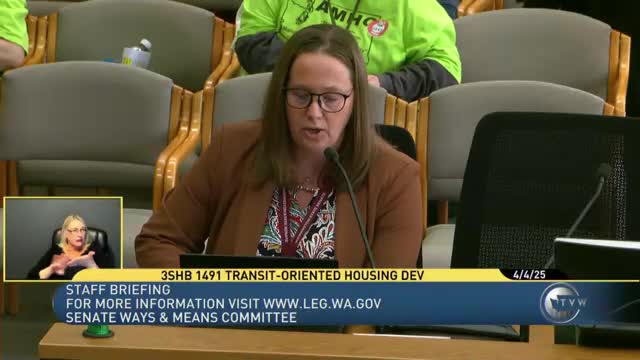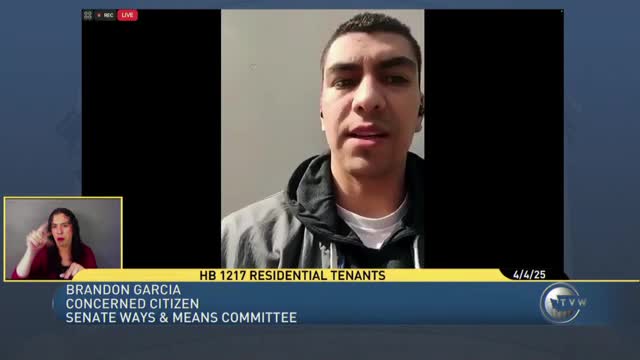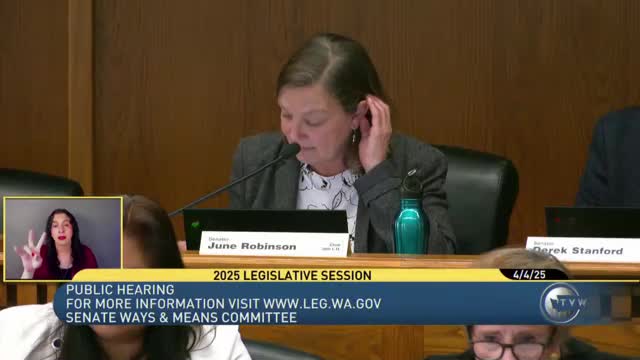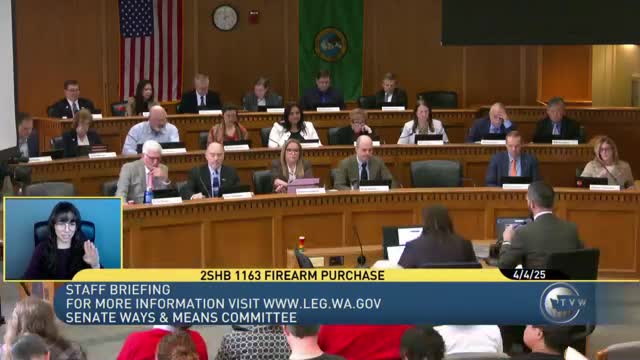Article not found
This article is no longer available. But don't worry—we've gathered other articles that discuss the same topic.

Insurance parity bill would restrict utilization management and require treatment consistent with clinical standards, OIC estimates enforcement cost

Student‑rights bill draws sharply split testimony on privacy, parental rights and school enforcement

Long public hearing on rent-stabilization bill exposes split between tenants, local officials and developers

